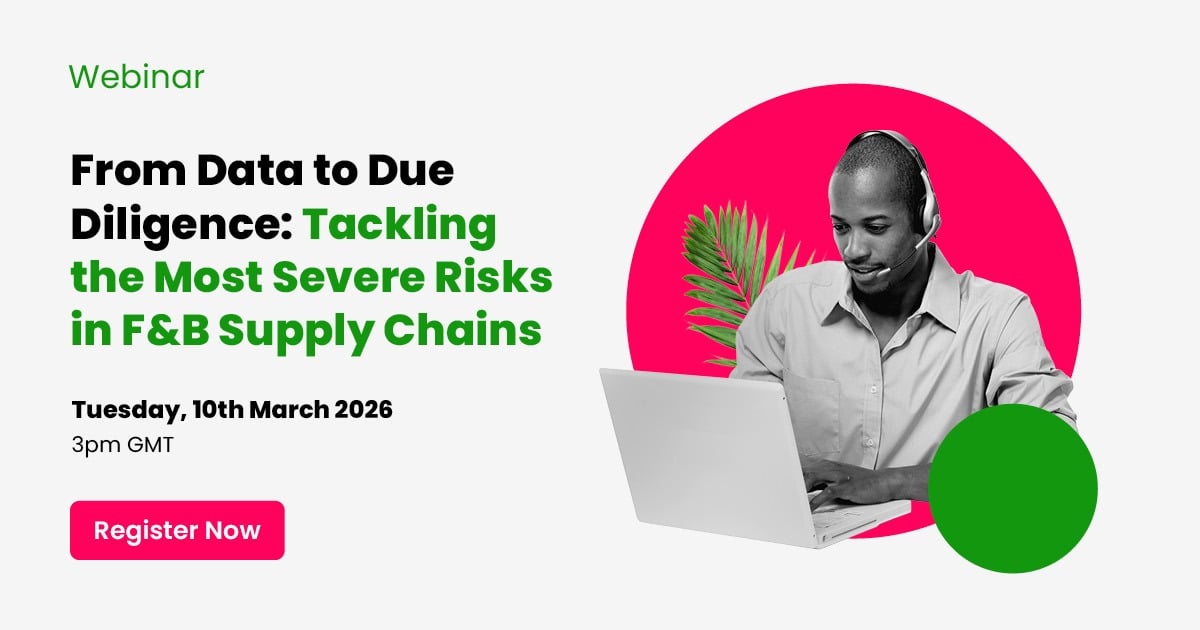Sedex introduction to “ESG”, or “responsible investing”
We look at an important driver of corporate human rights: ESG, also known as “responsible investing”. As investor interest in sustainability and ethical investing has grown, investment companies are measuring more companies’ performance in non-financial areas.
What is “ESG” and responsible investing?
Responsible investing is an approach to investing that explicitly considers the non-financial areas of environmental, social and governance (ESG) within business.
Investors ask companies that they currently fund or are considering funding to provide information on ESG issues. This information helps investors to understand the potential environmental and social impacts of these companies.
Where did these concepts come from?
The concept of ethical investing has been around for over 15 years, when the United Nations launched the Principles for Responsible Investing (PRI)[i] in 2006.
Since then, a number of globally-recognised reporting frameworks and investment guidelines have incorporated ESG areas, including the Global Reporting Initiative (GRI) and the Sustainable Stock Exchanges Initiative (SSEI). The term “ESG” is now widely used across the investment and business communites, with ESG investment portfolios expected to reach a global total of US $50 trillion in assets under management by 2025[ii].
Why ESG is important
ESG reflects investors’ rising focus on business performance beyond finanical and legal areas. There are a few reasons for this:
- Investors increasingly recognise that poor performance regarding the environment, labour standards, bribery and other areas can have significant reputational and financial risks for a business. They want to take these risks into consideration when deciding whether to invest.
- Shareholders, which can include investors, can apply pressure to a company. In the last few years, there has been a notable increase in shareholders using their leverage to demand that companies operate in a more socially and environmentally responsible way.[iii]
- Investors are looking to make more ethical investment decisions. Many investment and stock market firms have created separate ESG categories or funding groups to meet this demand[iv].
- The investment industry itself is being held more accountable for the environmental and social impacts of the businesses they fund, and for playing their part to help create more sustainable economies.
In March 2021, the European Union’s Sustainable Finance Disclosure Regulation came into effect[v]. This law requires financial organisations, including asset management companies and institutional investors, to report on whether they consider the negative environmental and social impacts of their investment decisions. In order to meet this requirement, these firms need to know about the potential impacts of their investee businesses.
Corporate purpose should create value for all stakeholders, including shareholders
World Economic Forum
ESG requirements for your business
If your company has investors, or is considering seeking investment, you may need to provide information about company activities and performance in ESG areas. This is known as “ESG reporting”.
Investors may set levels of performance or behaviour they want their investees to meet. These could be in the form of specific targets to hit (e.g. committing to a living wage in certain countries) or through mandatory requirements for companies to provide information on ESG issues (e.g. disclosing their gender pay gap).
How Sedex can support your business
Sedex’s solutions enable you to understand and track performance in several ESG areas across your supply chain. Our tools help you gather, store and analyse relevant data to feed into reporting.
- If you’re not sure where to start, our Consulting service can help you identify, and develop a plan to report on, the ESG measurements and standards most relevant for your business.
- The Self-Assessment Questionnaire (SAQ) gathers data about activities, working conditions and work sites from businesses. The data captured through an SAQ feeds into Sedex’s other tools to support risk assessment.
- Our risk assessment tool helps you assess human rights and environmental risks across your supply chain. Study inherent risks in relevant countries and sectors, and build bespoke risk profiles for every work site that you have data for.
- Store, share, analyse and report on supply chain information, including data from the above tools, through our integrated data platform.
[i] See the UN PRI website for more information
[ii] Source: https://www.bloomberg.com/company/press/esg-assets-rising-to-50-trillion-will-reshape-140-5-trillion-of-global-aum-by-2025-finds-bloomberg-intelligence/
[iii] For example, see this article from the Harvard Law School Forum on Corporate Governance
[iv] For example, see the S&P 500 Environmentally and Socially Responsible Index
[v] For more information on this legislation, click here





